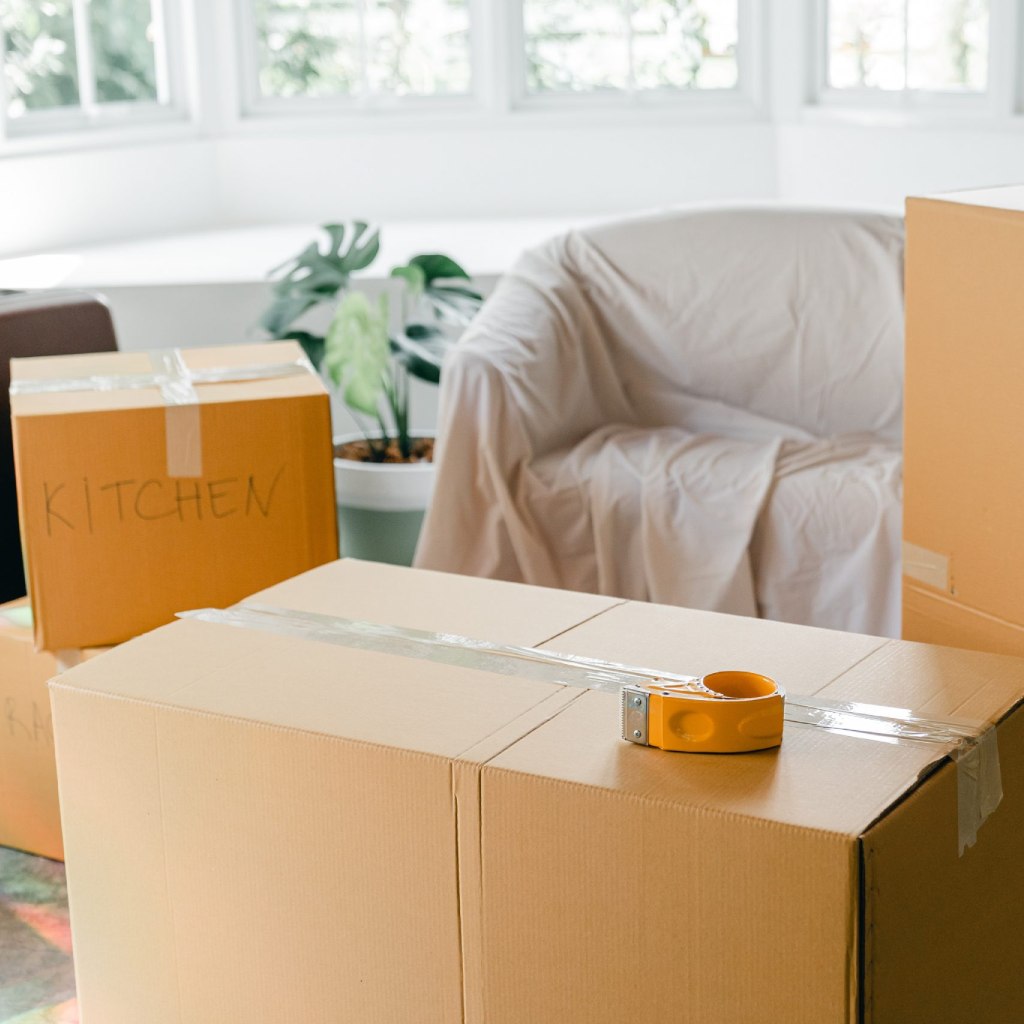
Planning for the end of your support
Thinking about the end of your support is one of the first things we encourage all hosts to do when planning their support for refugees. It may feel strange to start thinking about the end of your support offer before a guest even arrives, but planning for the end of your support is just as important as planning for the initial welcome.
Hosts in this programme are asked to commit to at least six months of hosting someone in their home. Six months may feel like a long commitment when thinking through whether you’re comfortable having someone come stay in your home or property, however, it’s not long in terms of moving to a new country, getting your bearings, possibly finding a job and moving on to different accommodation. This is why it’s so important to be clear with your guest early on about how long they can stay with you and how you plan to change your support over time.
How will your support change over time?
It’s important that sponsors can commit to at least six months of hosting. If you know that you can only host for six months – maybe you’ve planned to move house or you have other family coming to stay – then be clear about this from the beginning. Your guest should not learn that they need to move after six months at month four – give them plenty of time to make plans.
If you also plan to change aspects of your support over time, you can communicate this to your guest. Be sure to let them know when you plan to stop different kinds of support.
Other things to consider:
- Are you planning to cook for your guest? Will you expect them to cook for themselves after a certain amount of time?
- Will you offer rides to your guest? Be sure to also teach them to navigate public transport systems so over time they will not depend on you to drive them places. Be clear when this support will end.
- A month or two into their stay, have a look at what you’re supporting your guest with. Are there things you need to transition away from doing? Have clear conversations with your guest about what you’d like to change and what they still need help with.
Finding Accommodation
We can’t pretend that there isn’t a housing crisis in the UK. However, there are some tools and tips to be aware of when you are supporting your guests to find the accommodation they will need to move to.
- Do have an open discussion with your guests about where they would like to live once they move out of your home. It might be the case that they want to be in another area. This is not a reflection on your generosity of offering your home.
- Assist your guest to register with letting agencies and property search websites such as Zoopla или Right Move.
- Many people in the UK share accommodation with housemates, talk openly about how typical this is. You can point them to websites such as Spare Room или Ideal Flatmate to link them with people looking for housemates in your area.
- Help your guests to prepare for how they will help landlords to understand their status in the UK, and that they will not have a credit history here; this might impact them having a deposit or guarantor for future property.
- Help your guest to identify what their requirements are, and what this might mean to their property search. For example, they may wish to live on their own. Properties in city locations might be expensive so they might have to move further away. You can use a website such as numbeo to compare the cost of living across the UK.
- Be realistic – your guest might have expectations about how they would like to live but might not be able to afford this. Talk openly about how people live in the UK, this includes house shares, sometimes with people you do not know.
- Word of mouth can really help in property searches. You can help your guest to decide what they want to share about their property search.
- Make sure you share with your guest their rights as tenants in the UK.
- Whilst it can be hard to talk about money, offer to help your guest look at likely costs in their new home; they might not be aware of the things you pay for yourself. In the UK we pay for electricity, gas, water, council tax and often home insurance and TV licenses. We might have pre-pay meters for some utilities or pay monthly or quarterly. Share what you are comfortable to do so with your guest to help them make informed decisions.
- Once your guest is living in their own property, they may be entitled to the housing benefit part of their universal credit, they can speak to their work coach at the Job Centre or to your liaison person at your local authority over what this might be.
Avoiding rental scams
Unfortunately, there are unscrupulous people out there who will seek to make money out of others however they can. Do work with newcomers to help them be wary of anything that sounds too good to be true.
You can outline that:
- You should not agree to any property rental without a viewing, which you should not be charged for organising
- You should meet the property owner or their agent at the property
- Make sure that you are being shown the property that was advertised
- You should not hand over your bank details or any money without being informed what it’s for
- You will need a rental agreement which you will sign, which you must be given time to read and review
- You should check that emails make sense, and do not contradict one another
- If it sounds too good to be true, it might well be a scam

